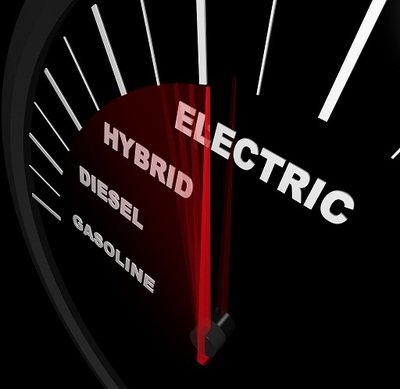Hybrid Vs. Diesel- Just The Bottom line Facts +VIDEO - Story Of Diesel (18 Minute)
This article was originally published January 26, 2007, but with all of the interest in Hybrids and Diesels and other news sources giving their slant we thought you might enjoy reading it once again.
Diesel or Hybrid? Just the Facts!
By Carey Russ
Hybrids are trendy, and, as an automotive writer, I've had the opportunity to drive all of the current production gasoline-electric hybrid cars and a few prototypes. Knowing this, friends and acquaintances have asked me if they should buy a hybrid.
The first thing I do is ask them a question: how much city and traffic driving do you do? Because that's where hybrids have the most advantage in fuel economy. When a hybrid is stopped at a light, or in traffic, where a regular car will get zero miles per gallon, it doesn't use any fuel. And when running at slow, steady speeds and light engine loads, as in under 35 mph or so on level ground, a hybrid will run under electric power, using no gasoline.
VIDEO: Story Of The Diesel Engine (18 Minutes)
Under acceleration and at highway speeds, the hybrid uses its gasoline engine, perhaps with an assist from the electric motor while accelerating. Because the gas engine is smaller than the one in a similarly-sized gas-only car, it may be running under a higher load, particularly under acceleration or while climbing a hill. Because of that, fuel savings might be less than expected.
The dirty little secret of the hybrid world is that EPA highway fuel economy ratings are more than a little optimistic. Because of the abstract way that the ratings have been calculated, internal-combustion engine fuel economy is also inflated, but not usually by as much. Changes in calculation methodology have been announced, which is good, because most of us do not drive at a steady 50 mph on level ground when on the highway.
Still, if you do a lot of city driving or commuting, a hybrid makes sense. If you want better fuel economy and do more highway driving, buy a diesel.
Yeah, you heard that right. Modern diesels are less like the ones we'd rather not remember from the 80s than modern gasoline engines resemble their counterparts from the 1950s. They are quiet, smooth, and smoke-free, thanks to new design and construction technology and new ultra-low sulfur fuel. Spark-ignition (gasoline) engines have been the focus of development for passenger car use, especially in the US, for the past century. Compression-ignition (diesel) engines are just beginning a period of development. Consider the diesel of today to be where the gasoline engine was in about 1970. New fuels and emissions technologies are about to make some major changes for cleanliness and efficiency - and the diesel is already more efficient than the spark-igniton engine.
The Lexus RX 400h I drove recently got 24 mpg overall in a week of mostly highway driving. Not bad for a two-ton vehicle. But I recently drove a 2007 Mercedes-Benz E320 Bluetec turbodiesel under similar conditions, at mostly higher speeds, and got 34 mpg. Yes, the Benz is lighter, by about 500 pounds ( a 13 percent difference), but the diesel's fuel economy was 40 percent better than the hybrid's.
Diesel-electric hybrids? Likely in the future. Note, too, that diesels are amenable to alternative fuels. Biodiesel, produced from used cooking oil, is available today. No surprise that a diesel engine can run on cooking oil - the petroleum product known as diesel fuel was not available when Dr. Rudolf Diesel developed his compression-ignition engine. Among the fuels he used before the development of a petroleum-based fuel was peanut oil.



